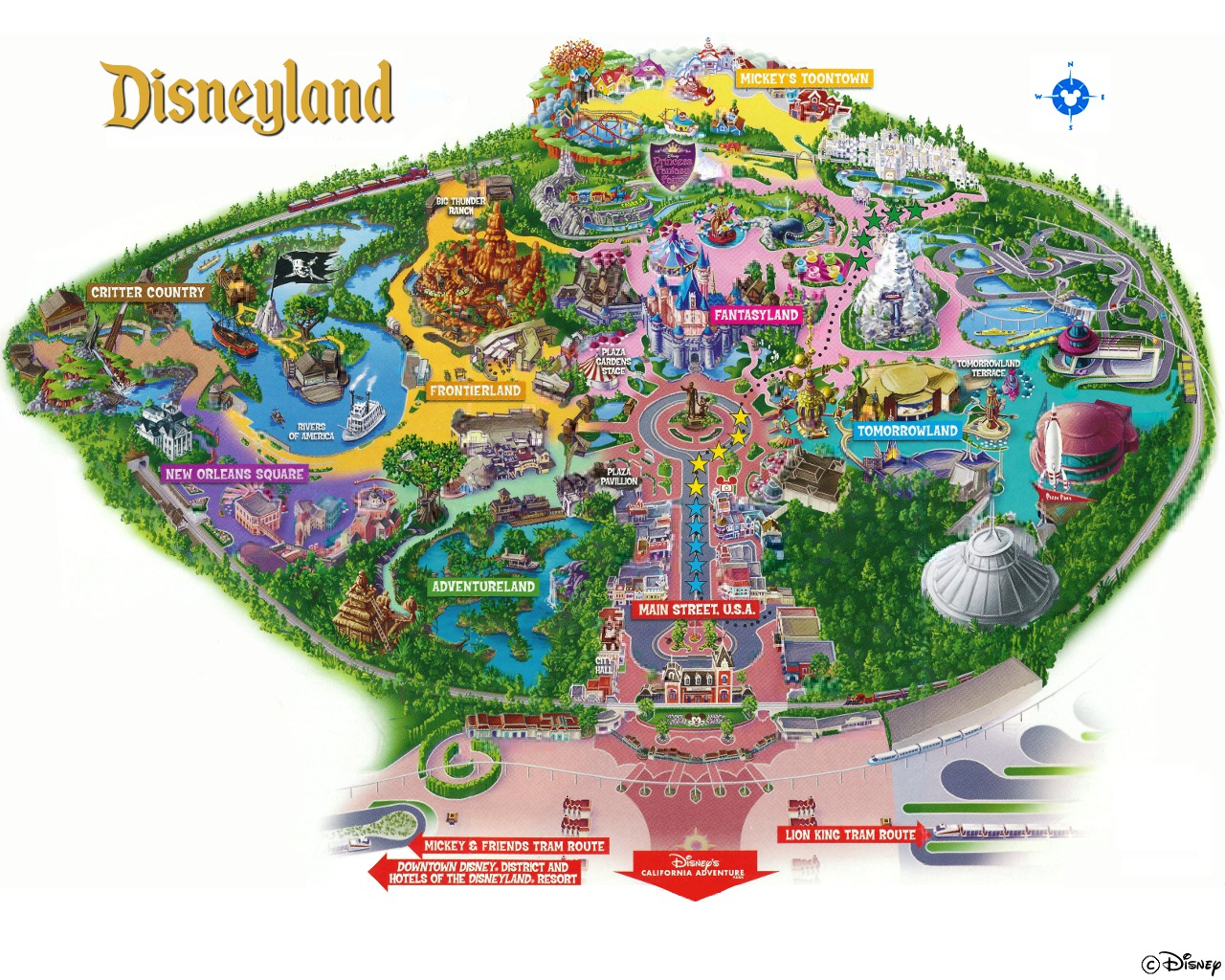Giltonio_Santos
Hero
And there you have what I call a dealbreaker. Right now I'm having a blast with the playtest rules. They are fast and easy to run, and I'll be probably making a definitive shift from 2E to 5E once the final game is available. That is, unless the advancement is anything like the OP want it to be. If the game has no XP, I'll gladly come back to run mostly 2E, as I've been doing since about 2008.
I understand that a lot of people run theme park-style games, and I understand that XP is rarely relevant in this kind of game. But bear in mind: it's so easy to ignore the XP table and "level when you want to" that I don't understand why people still want to remove XP from the game. Just ignore it. While it's possible to run a sandbox where "level when you want to" is used, this is a deep change in the way the game is played.
"But experience points are an illusion". No, they're not. In my last session, characters had a very difficult fight, and remembering their XP from memory only, I expected some of them (I also track evolution individually for each character) to advance by the end of the session. In other words, if I was playing by "level when you want to", they would have leveled. By then end of the session, though, nobody advanced. I felt tempted to add a "completing a challenging mission" XP reward to help them reach the magic number, but in the end I decided against it, exactly because I didn't want it to be an illusion, I want it to be a mostly objective goal.
That's how I like to DM, that's how I like to play. I love D&D, I hope they keep "XP to level up" as the core advancement rule forever.
Cheers!
I understand that a lot of people run theme park-style games, and I understand that XP is rarely relevant in this kind of game. But bear in mind: it's so easy to ignore the XP table and "level when you want to" that I don't understand why people still want to remove XP from the game. Just ignore it. While it's possible to run a sandbox where "level when you want to" is used, this is a deep change in the way the game is played.
"But experience points are an illusion". No, they're not. In my last session, characters had a very difficult fight, and remembering their XP from memory only, I expected some of them (I also track evolution individually for each character) to advance by the end of the session. In other words, if I was playing by "level when you want to", they would have leveled. By then end of the session, though, nobody advanced. I felt tempted to add a "completing a challenging mission" XP reward to help them reach the magic number, but in the end I decided against it, exactly because I didn't want it to be an illusion, I want it to be a mostly objective goal.
That's how I like to DM, that's how I like to play. I love D&D, I hope they keep "XP to level up" as the core advancement rule forever.
Cheers!



